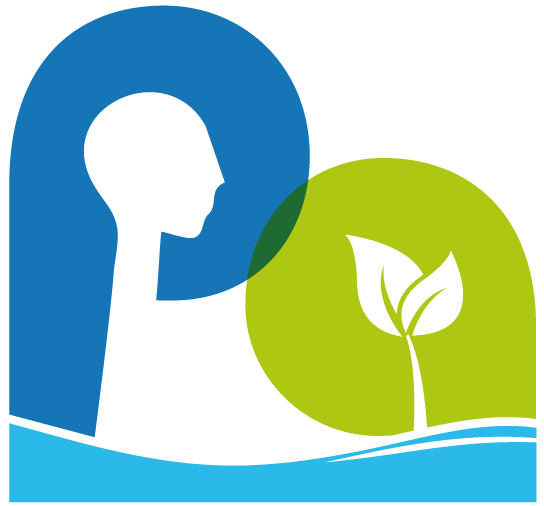Summary
At this stage of the process, a broader group of stakeholders is engaged and common culture activities are key to bring together a shared diagnostic.
BGIN issues are complex and involve a very broad panel of activities and governance. Just considering the scientific sector, it calls for very different academia from natural to economic and social sciences and thus demands a strong transdisciplinarity. To ensure fruitful discussion and co-construction, the people brought together by the project – each with different backgrounds – have to build a common language and culture of the discussed items.
Depending on how wide is the panel of the stakeholder forum, different common culture activities can be considered such as stakeholder common culture workshop, focus groups meetings, putting together a glossary.
For additional information
Date: November 2017-2020
This work has been funded through the ALICE project. ALICE is a project funded in 75% by European Regional Development Fund (ERDF) under the umbrella of INTERREG Atlantic Area with the application code: EAPA_261/2016. The 11 partners involved in the project are from Portugal, Spain, Northern Ireland, France, The Republic of Ireland and the United Kingdom. The three-year project started in November 2017 has cost 3 million euros with 25% covered by the beneficiary partners.
Credits




